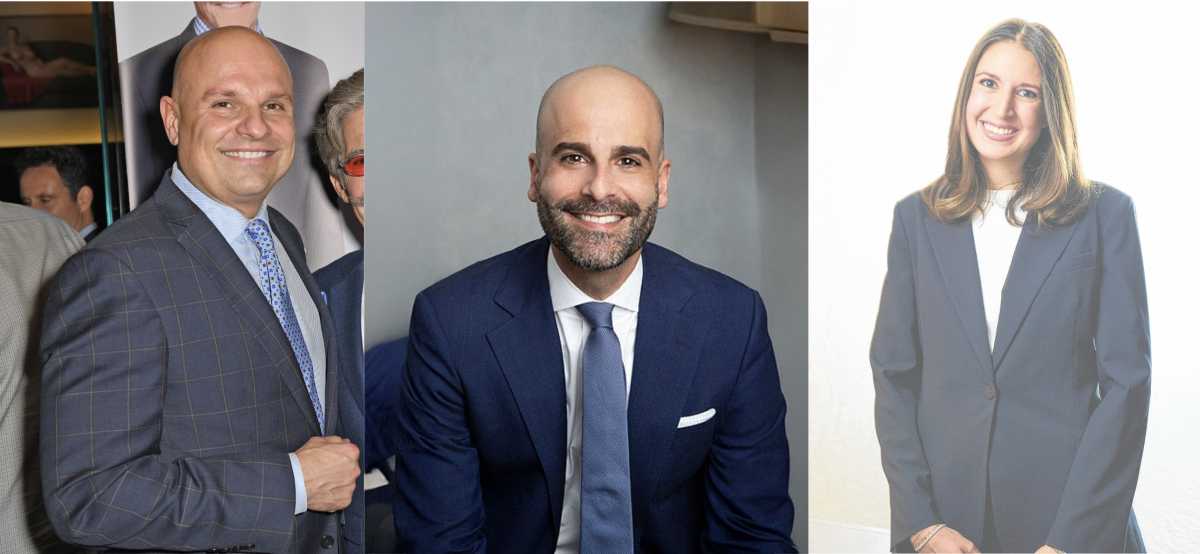The abilities of AI is rapidly evolving. Its skillset is far beyond anything we could have imagined a decade ago.
With the advancements of AI, people now have the ability to create and design images and videos at their fingertips. But this same power can also be misused to produce content that doesn’t actually exist in reality — what’s known as a “deepfake.”
A deepfake is an image or recording that has been convincingly altered and manipulated to misrepresent someone as doing or saying something that was not actually done or said. It can be nearly impossible for the average viewer to distinguish between these manipulated creations and authentic media. While AI tools have legitimate and creative applications, deepfakes can easily cross into deceptive, harmful, and even criminal territory.
Recognizing the dangers of this technology, New York has moved rapidly to update its criminal laws to address deepfakes. Specifically, New York legislation has significantly expanded criminal exposure around deepfakes, especially where intimate images and minors are concerned. These changes materially affect charging decisions, defenses, and early case strategy for anyone accused of creating or distributing artificially generated media. With these legislative updates, the law treats these AI-generated images the same way it treats real, non-consensual intimate photos.
First, the New York legislature closed a major gap by expressly criminalizing the creation and dissemination of nonconsensual sexually explicit deepfakes. Lawmakers amended New York’s existing statute that outlaws the non-consensual dissemination of intimate images to explicitly cover images “created or altered by digitization.” This additional language is meant to capture deepfake material. The amendment makes clear that you don’t need an original, real intimate photo to be the victim: an AI-created image that reasonably identifies a person can fall within the statute’s protection.
So, if someone makes or shares an explicit deepfake of you without your consent, they can now be prosecuted under New York’s unlawful dissemination of intimate images law. Thus, New York has closed a key loophole: AI-generated explicit images can now be treated like traditional “revenge porn.” Thus, producing or disseminating non-consensual deepfakes can result in a criminal prosecution.
Additionally, New York has moved to criminalize pornographic deepfakes of minors. Lawmakers incorporated this change in the 2025 state budget to combat AI‑generated content that exploits minors. This change addresses conduct which was not explicitly covered by prior statutes that targeted sexual content involving actual minors. It is important to note that if the deepfake depicts a minor, that elevates the stakes — anticipate stricter bail conditions, broader search warrants, and the risk of SORA depending on charge theory. Producing or disseminating non-consensual deepfakes is not a joke, a prank, or a gray area. It’s a prosecutable offense.
Because AI image and video tools are widely available online and often free or inexpensive, many people underestimate the potential consequences of using them carelessly. With the increased accessibility to AI tools, people have the ability to create a deepfake within minutes, but this effortlessness does not make the act harmless. People need to be careful with what media, images or video they create or generate. Remember, creating or posting a sexually explicit deepfake of a real person without their consent, can lead to criminal prosecution, even if the creator thought it was just for fun or obviously fake. What may have seemed like a legal gray area even a year ago is now clearly defined as criminal conduct.
AI and deepfake technology are advancing at a fast-moving and ever-evolving pace, and lawmakers are working to keep pace. New York’s legislative adaptation is one of the first concrete steps to bring criminal statutes in line with modern digital realities. As courts interpret the law and new cases emerge, expect more refinements in how “deepfake crimes” are investigated and prosecuted. As technology continues to advance, it’s more important than ever to think twice before generating or sharing AI-made content. What seems like a digital experiment today, could carry lasting legal, reputational, and financial repercussions tomorrow.
Arthur L. Aidala is the managing partner of Aidala, Bertuna and Kamins and a former Brooklyn prosecutor.
Michael Jaccarino is a partner at Aidala, Bertuna & Kamins.
Alexandra Debenedictis is an associate attorney at Aidala, Bertuna & Kamins and focuses on criminal defense.







































